A New Experiment for Puerto Rico from the ‘Crypto Community’
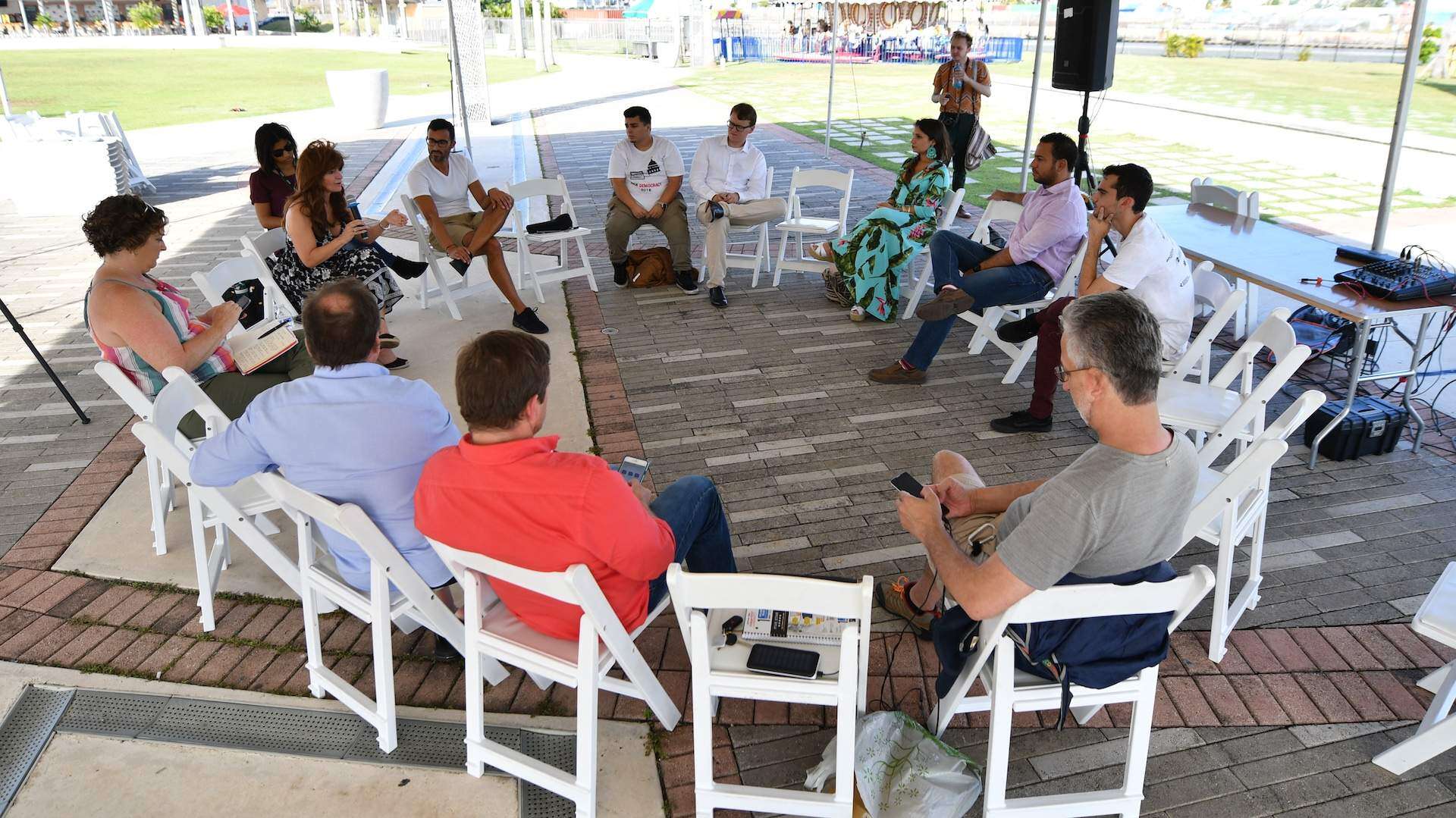
They are called ‘Special Economic Zones’
The community with ties to the virtual currencies continues treading in Puerto Rico after their arrival as a direct consequence of hurricane Maria and, even though they have not been received with open arms, its members insist in the search or creation of spaces of investment at a local level.
Even though a degree of distrust towards the group exists, the island continues to host the events dedicated to the education of blockchain- a digital and decentralized system which stores on a massive scale information on the transactions with virtual currency- and its utility in a hurricane ravaged country.
In a recent case, Bahía Urbana in Old San Juan was the location of the ‘Startup Societies Town Hall Meeting’, led by Joseph McKinney, executive director of Startup Societies Foundation.
During the event, the difficulty of making business on the island due to excessive bureaucracy and the concession of permits was discussed as one of the main antagonists.
It was a two day event- efforts which included the ‘Hackathon’ in which the prize was $25,000- and was supposed to be marketed for a predominantly Puerto Rican audience, with representation from non-profit organizations and Spanish speaking activists. However, the event was held in English to benefit the small amount of people present.
In an effort to battle the biggest obstacles that entrepreneurs like him have faced, McKinney proposed the idea of experimenting on the Island with ‘Special Economic Zones’.
‘A special economic zone is an area inside a host territory which has different politics than the rest of the space. Instead of having reforms on a complete level, what you do is you test them out in that specific area to see if it works. It’s like a startup,’ McKinney explained to NotiCel.
The reforms to which he made reference to were those in which the Government has little or no participation and the economic motor springs out of private entities.
Puerto Rico emerged as the perfect place to establish the practice of this method, according to McKinney, because with the hurricane exposed the failures of the old institutions and opened the door to new perspectives. In addition to that he mentioned the long history of mismanagement and fiscal crisis as the setbacks that have stalked the island since 2003.
However, conscious of the existing perception of the members of his community of crypto-investors, the executive waged on the Puerto Ricans to establish the creation of these zones.
‘The points that Puerto Rican organizations do it. In fact, if there are external groups that are trying to establish a special economic zone, they should be stopped, because a special economic zone should be seen as a way of continuing a certain autonomy and own-determination, not limit it,’ he exclaimed.
In a recent event, this one located at Rincón, members of the crypto-community assured that they would impose their vision wether the residents of the island ‘liked it or not’. Likewise, in a recent interview with Rolling Stone, in which all his movements on the island were recorded, the investor Brock Pierce, one of the more emblematic figures of the cyber economy, said they would ‘rebuild Puerto Rico with money we have saved from [the Internal Revenue Service] Robin Hood style’.
According to McKinney, most of the discomfort and distrust of the locals towards his colleagues has to do with their treatment of the islanders.
‘They come with a ‘we have a plan and we’re going to do it’ without having seen the existing organizations in Puerto Rico and what they do. Likewise I think that many of those who arrive in Puerto Rico do not look at the cultural context, they don’t associate enough with the locals and they don’t speak their language. Because of that is why there was criticism, but honestly, cryptocurrency is a great technology, and if explained correctly we can seek out ways in which Puerto Ricans find their place in it,’ McKinney confesed.

It isn’t a perfect science
Even though McKinney is a believer of SEZ on the island, he confessed that not every version of this method has resulted fruitful in other jurisdictions.
‘The zones always work, but they ones that are truly successful are successful in great magnitude, but it is important to have the experiment. If you start out with a small area, especially one that isn’t developed or without a stable population, no community is affected in the process. If none work, you take it out,’ the entrepreneur pointed out.
According to The Economist, three out of four countries have a zone like this one, so the global presence is estimated in more than 4,000. However, the portal points out that these methods should find the perfect balance between political supervision and bureaucratic freedom to ensure success. At the same time, the site indicated that only offering fiscal incentives is not effective for a long term project.
The best known reference of SEZ, and one that McKinney mentioned, is called the ‘Shenzhen Miracle, in 1980 China.
This city, close to Hong Kong, brought in thousands of foreign investors with its incentives and more lax politics that the high public officials feared to place in effect around the country.
At a local level, Puerto Rico has laws 20 and 22 of 2012, written precisely for the bringing in foreign investment to the exportation and services sector. Both acts have been key figures for the decision of recognizing the desire, ability and necessity of transforming Puerto Rico in the ‘Blockchain Island’.
An example of that was the Blockchain Unbound conference celebrated on March at the Condado Vanderbilt Hotel. There, amongst everything that was said, it was advocated for the government to ‘get out of the way’ and eliminate the regulations, this creating an environment that, despite of the federal regulations still upheld by the island’s relation to the United States, permit free-trade.
Popular ahora

Bienvenido a Noticel
Empieza a crear una cuenta
Verificación de cuenta
Te enviaremos un correo electrónico con un enlace para verificar tu cuenta. Si no lo ves, revisa tu carpeta de correo no deseado y confirma que tienes una cuenta vinculada a ese correo.
Has olvidado tu contraseña
Introduce el correo electrónico de tu cuenta y te enviaremos un enlace para restablecer la contraseña.
Has olvidado tu contraseña
Le hemos enviado un correo electrónico a {{ email }} con un enlace para restablecer su contraseña. Si no lo ve, revise su carpeta de correo no deseado y confírmeme que tiene una cuenta vinculada a ese correo electrónico.
Personaliza tu feed
Verifica que tu dirección de correo electrónico sea correcta. Una vez completado el cambio, utiliza este correo electrónico para iniciar sesión y administrar tu perfil.
Elige tus temas
- Deportes
- Economía
- El Tiempo
- Entretenimiento
- Más
- Noticias
- Opiniones
- Última Hora
- Vida y Bienestar
- Videos y Fotos

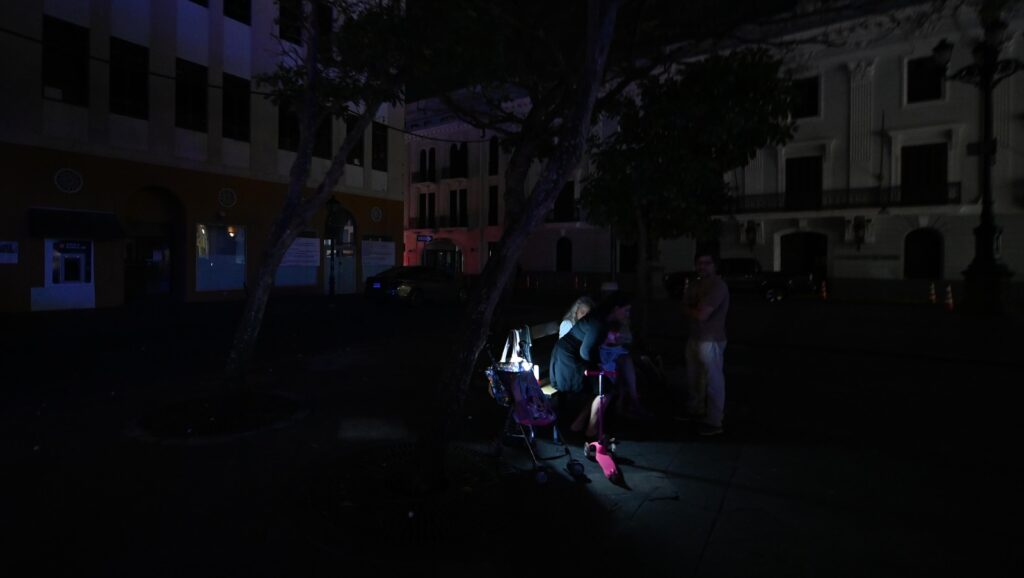
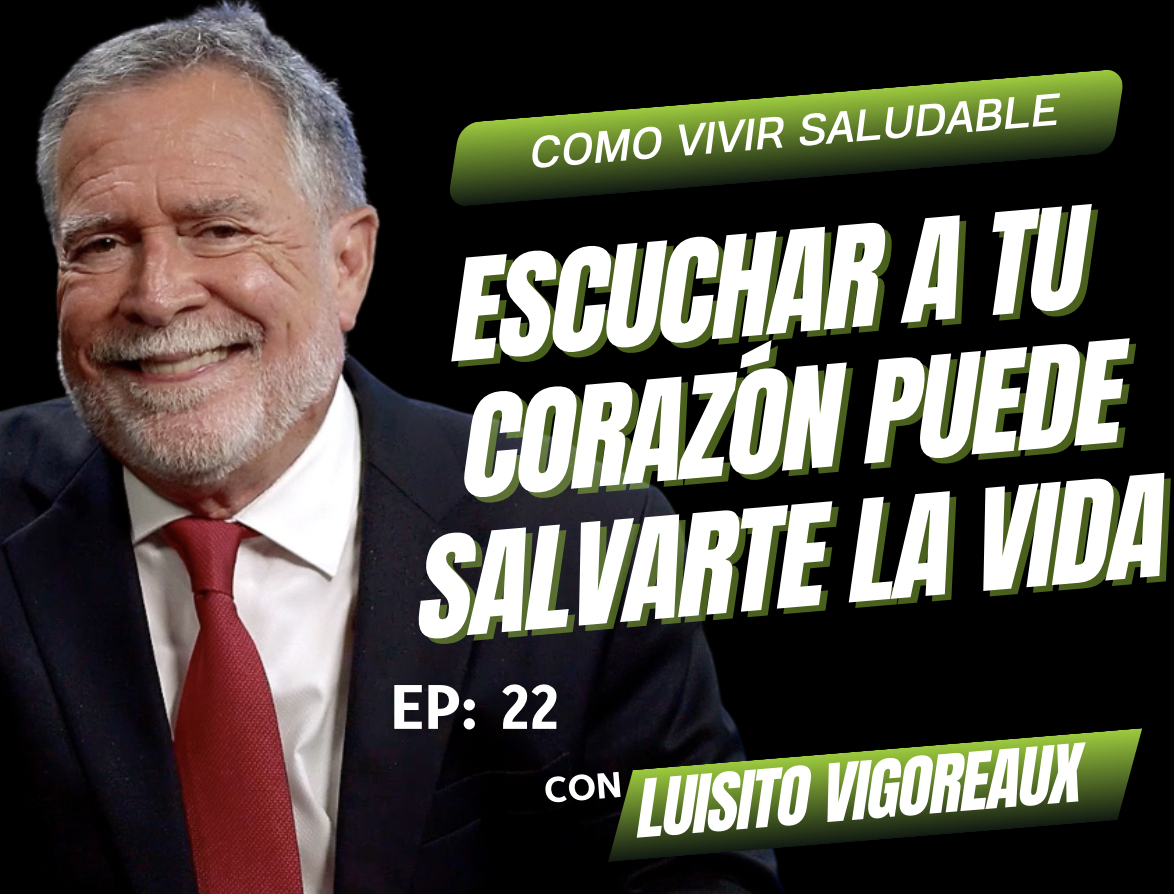
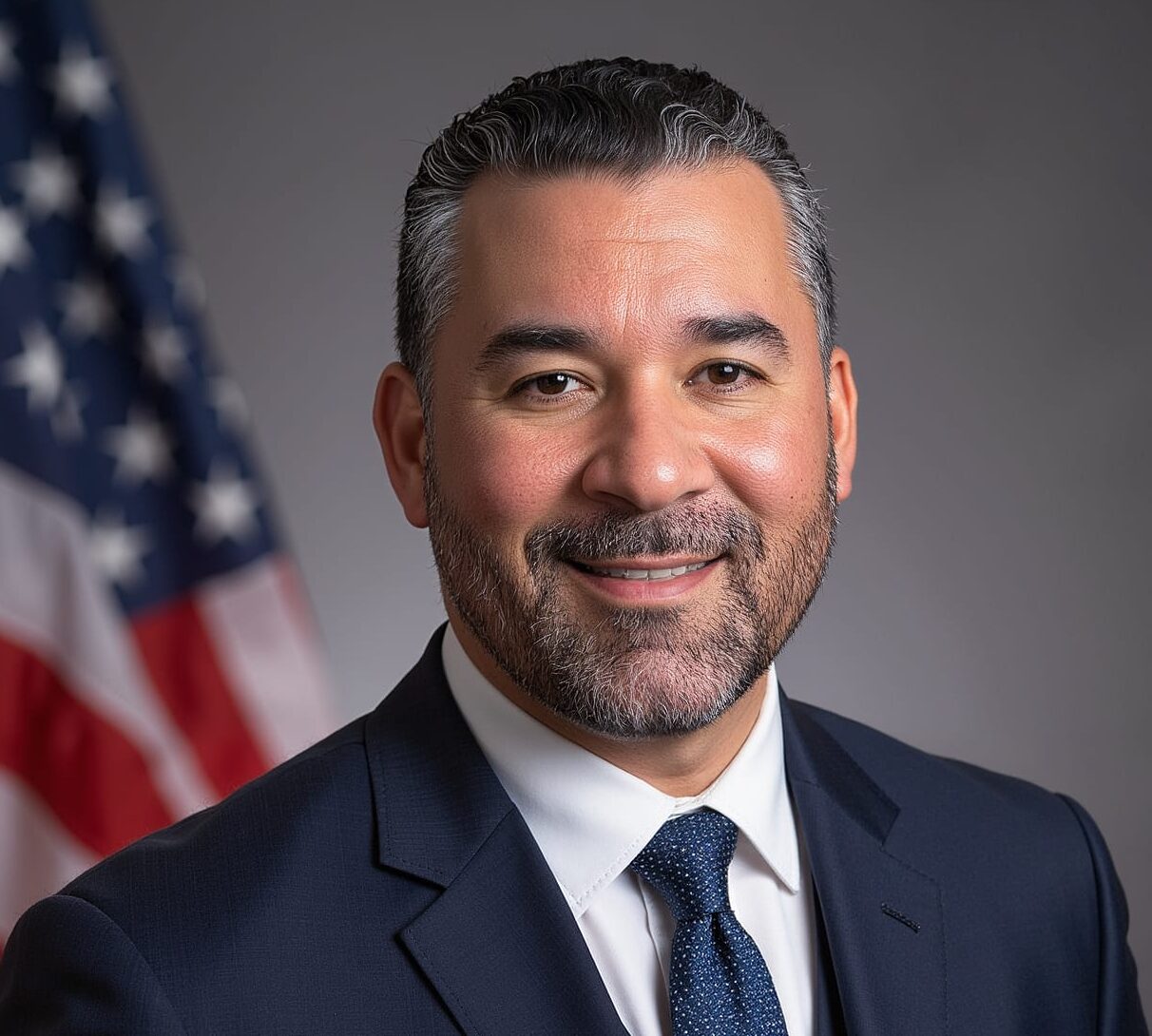


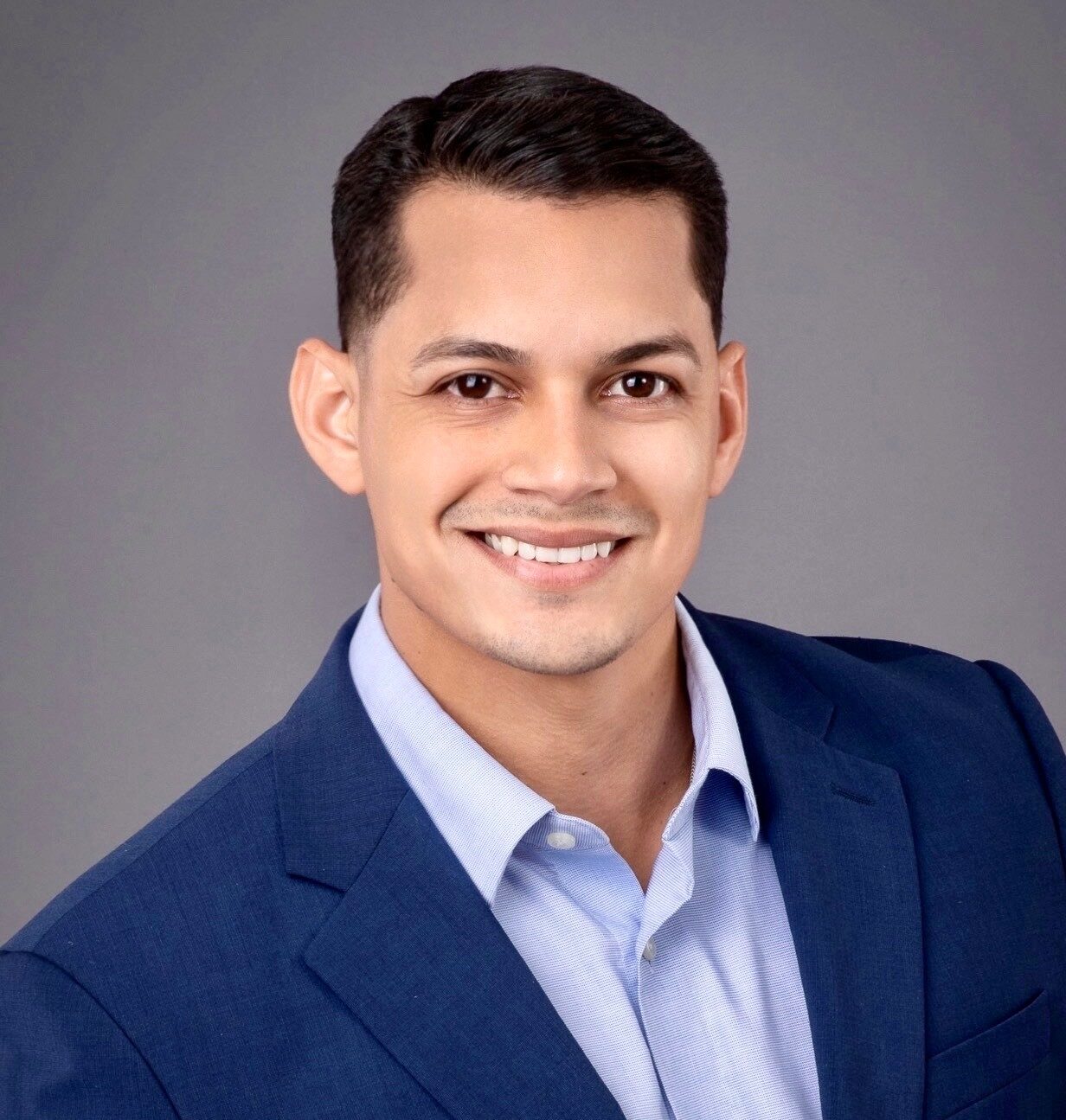
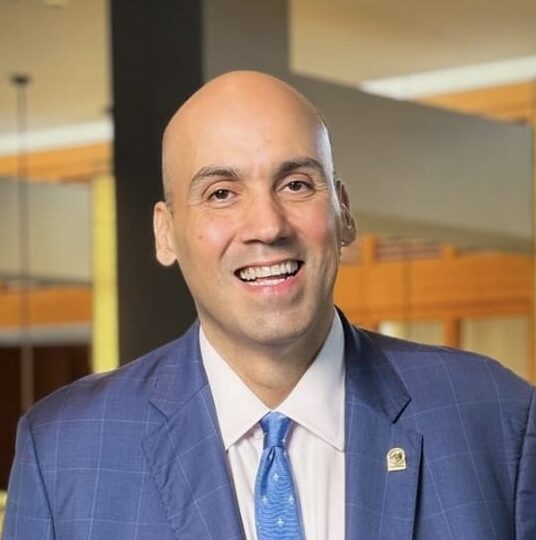
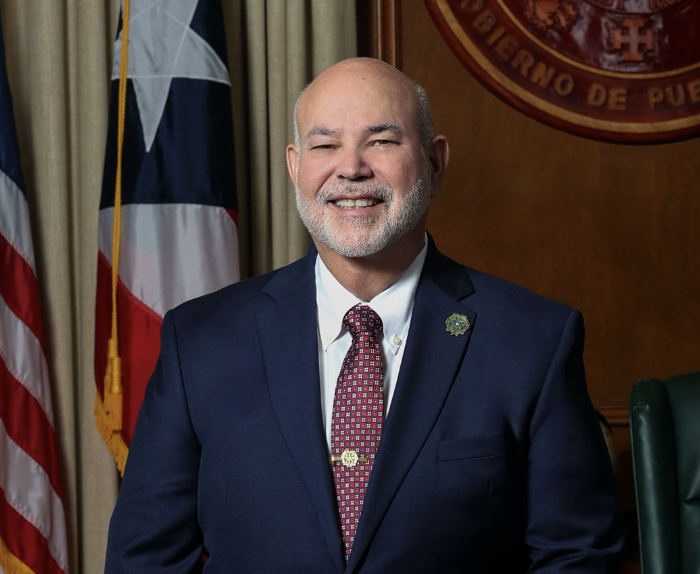
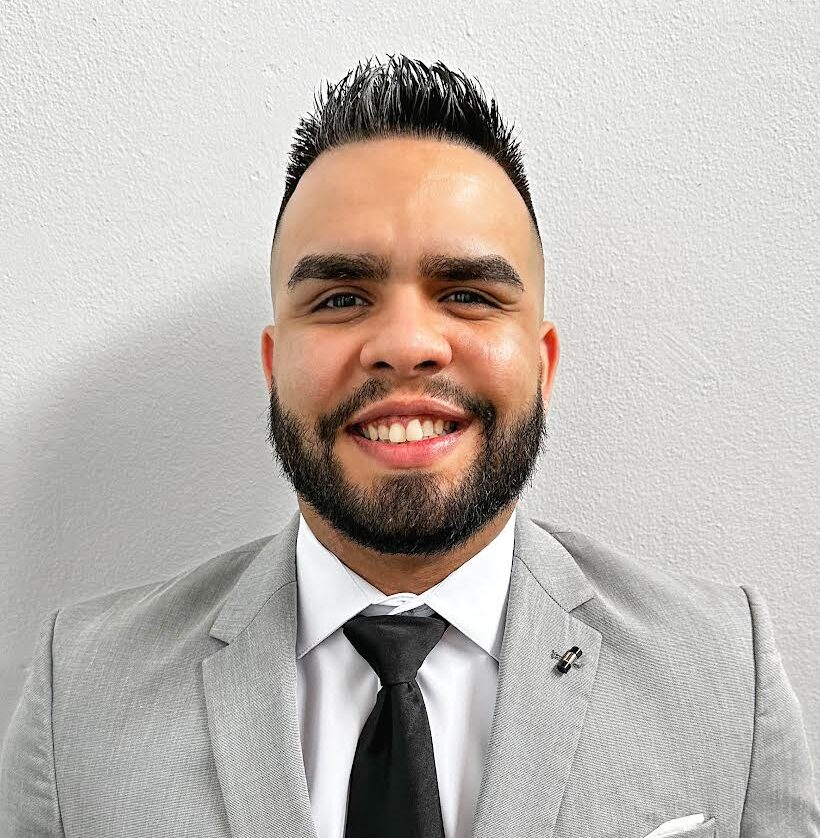
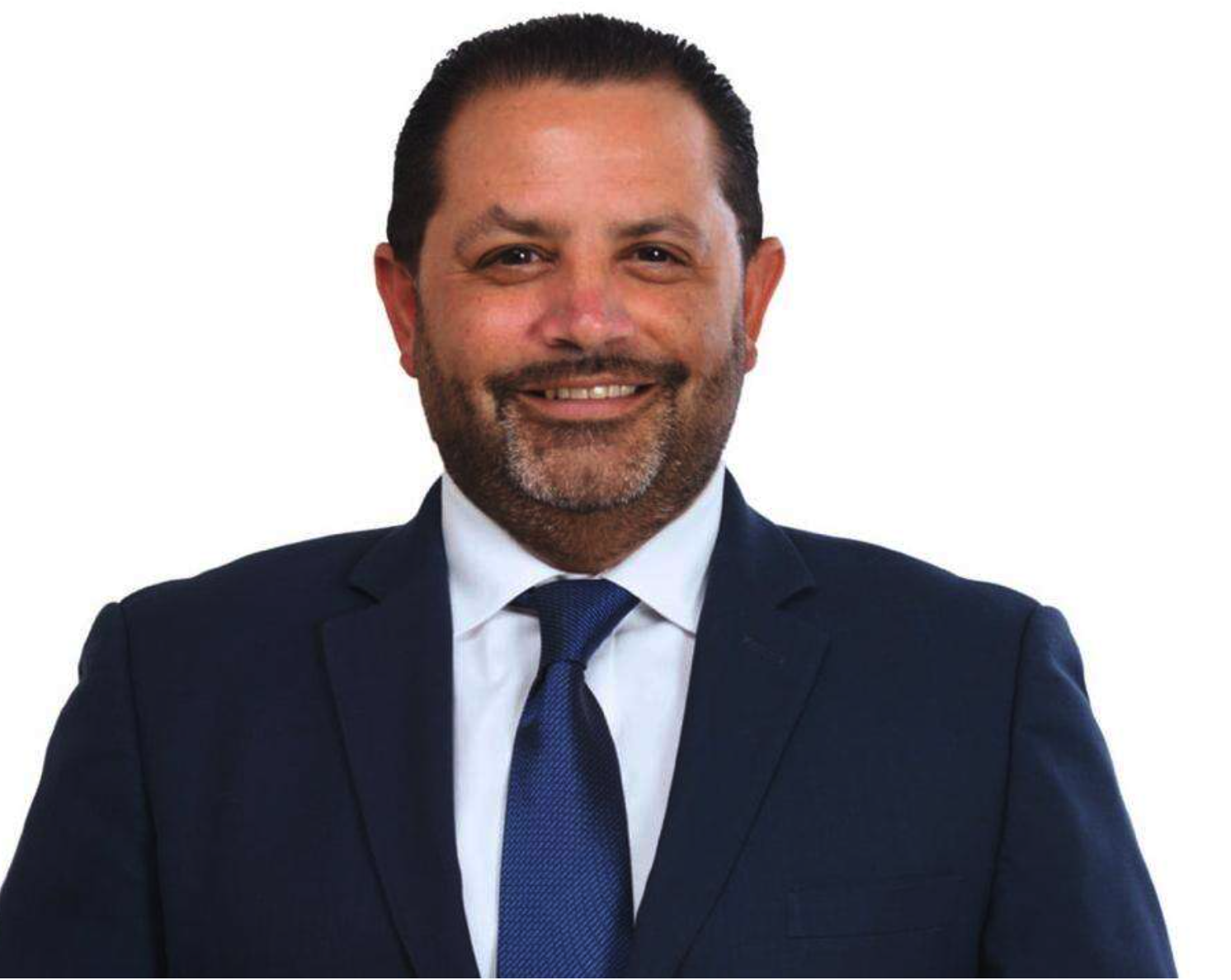

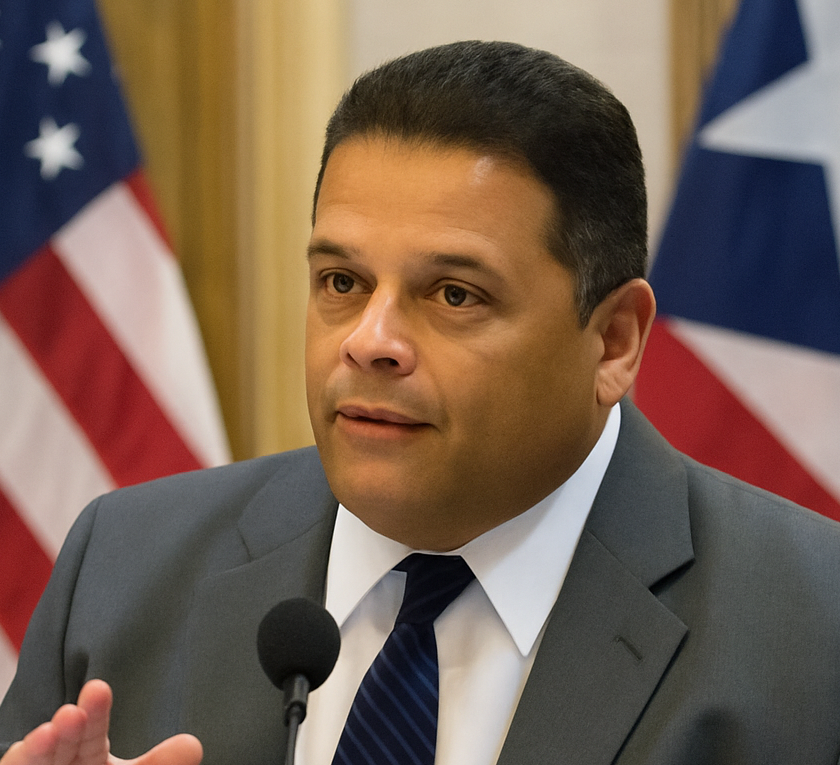



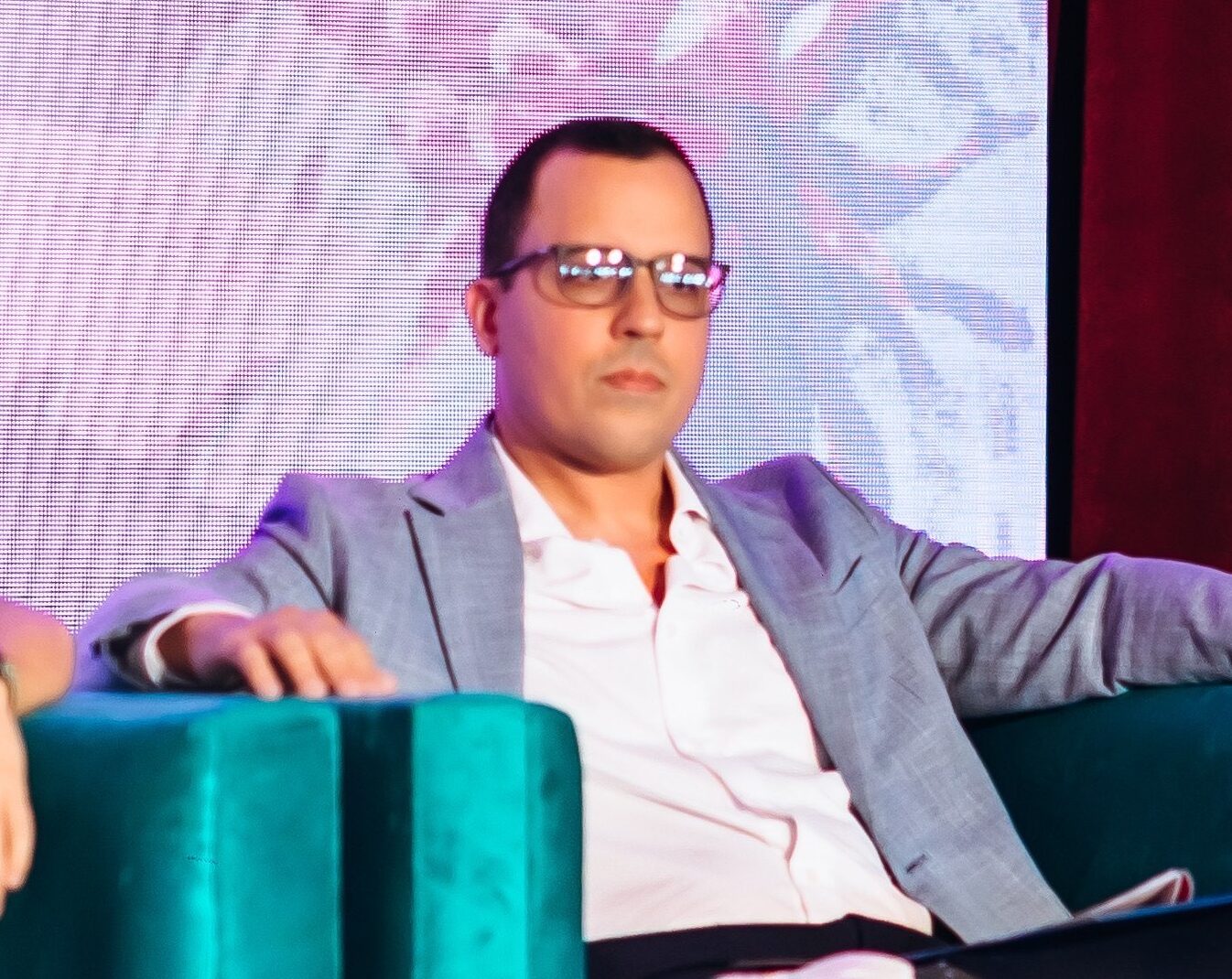

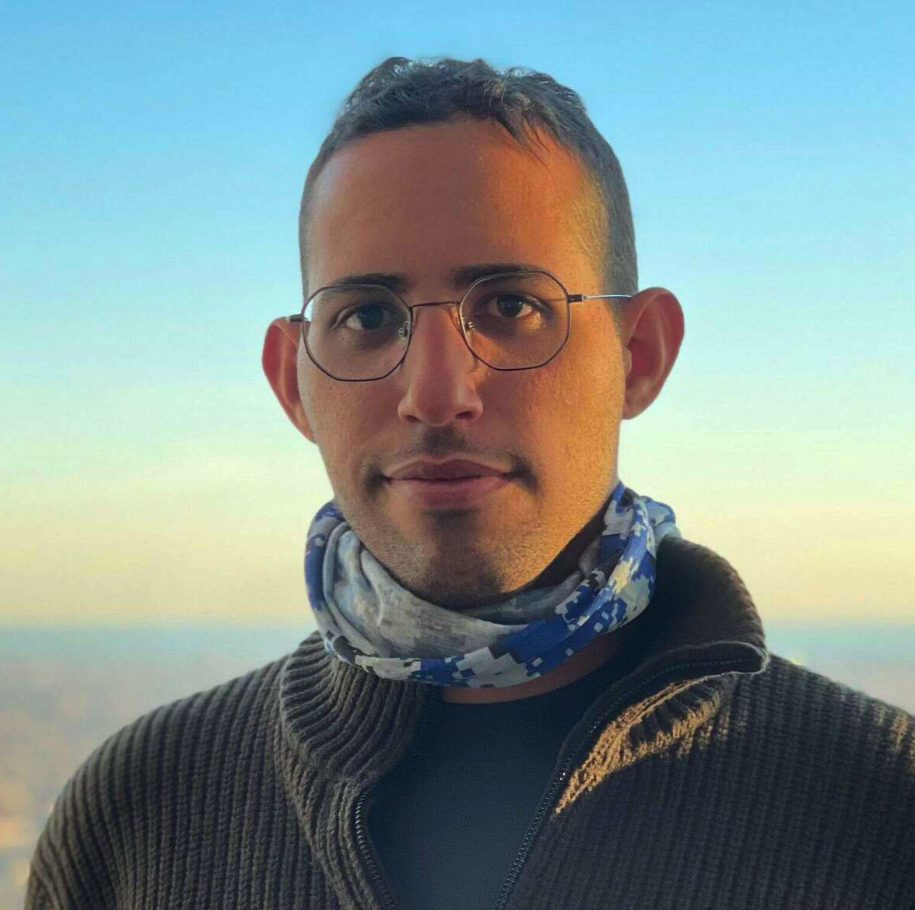
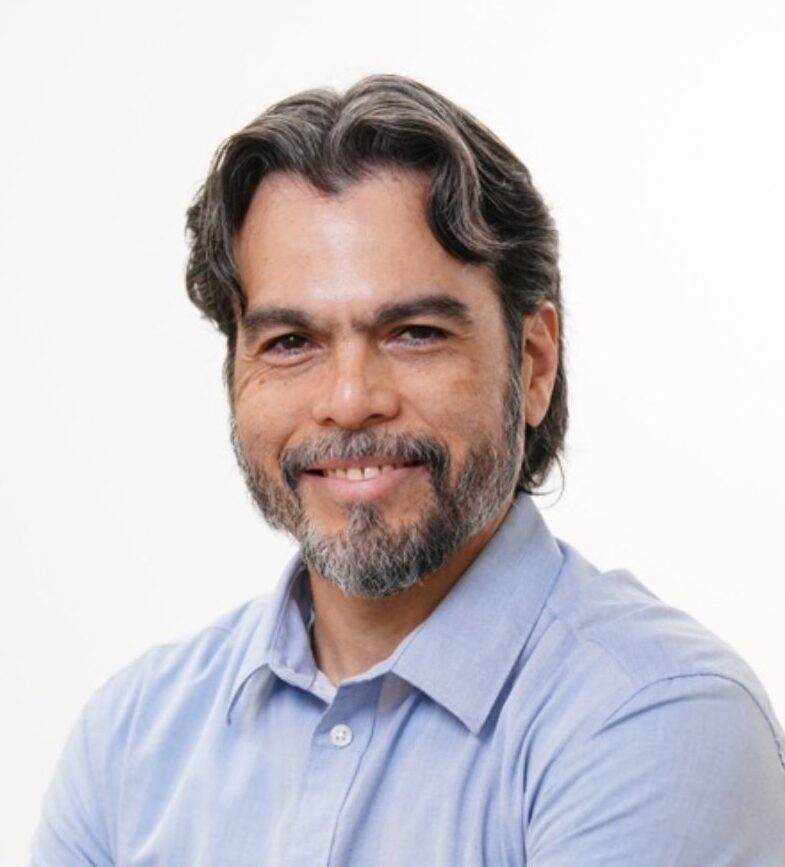
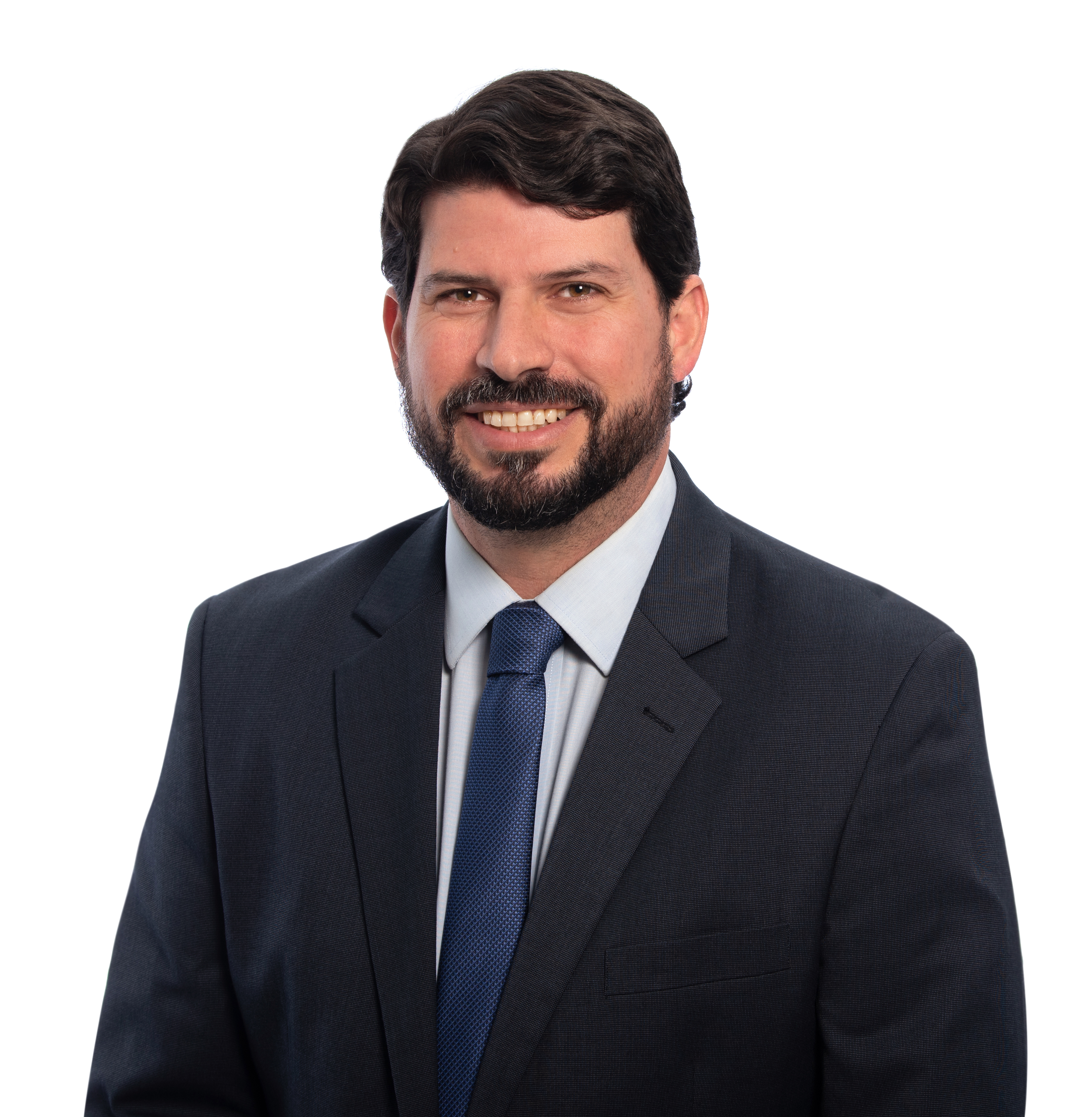
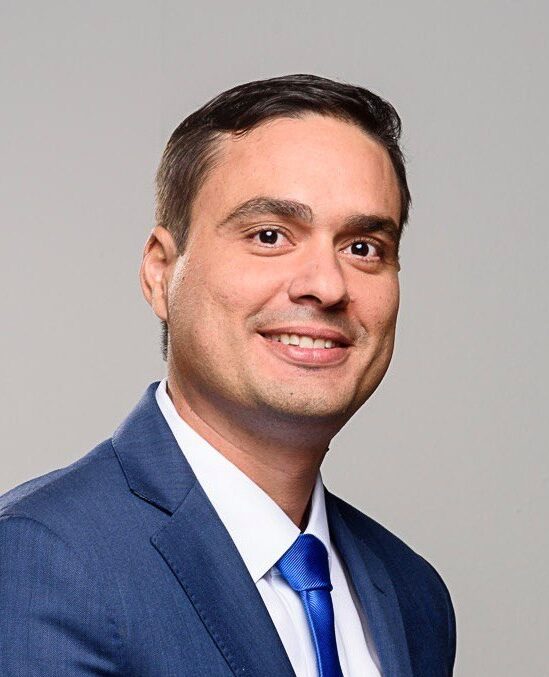
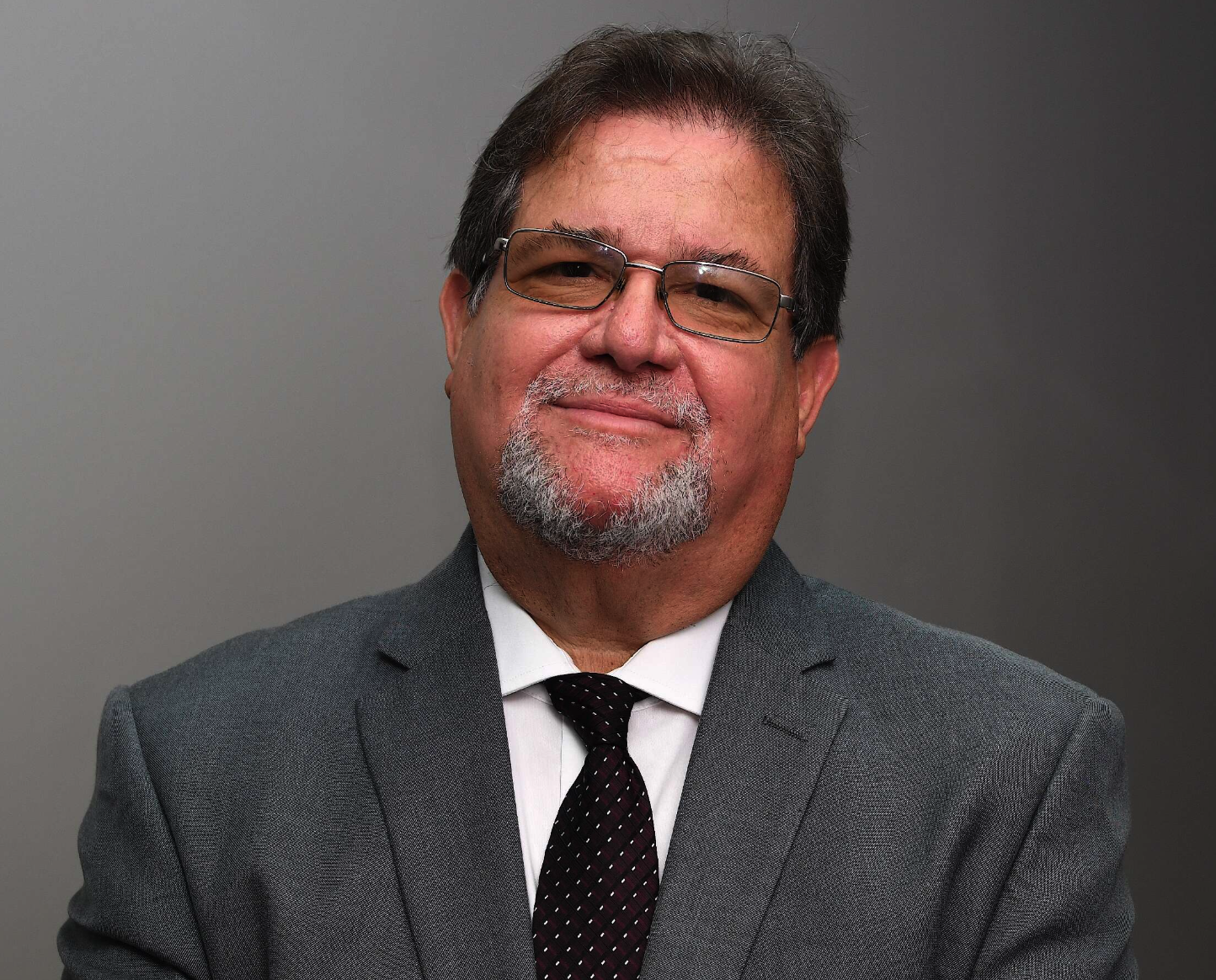
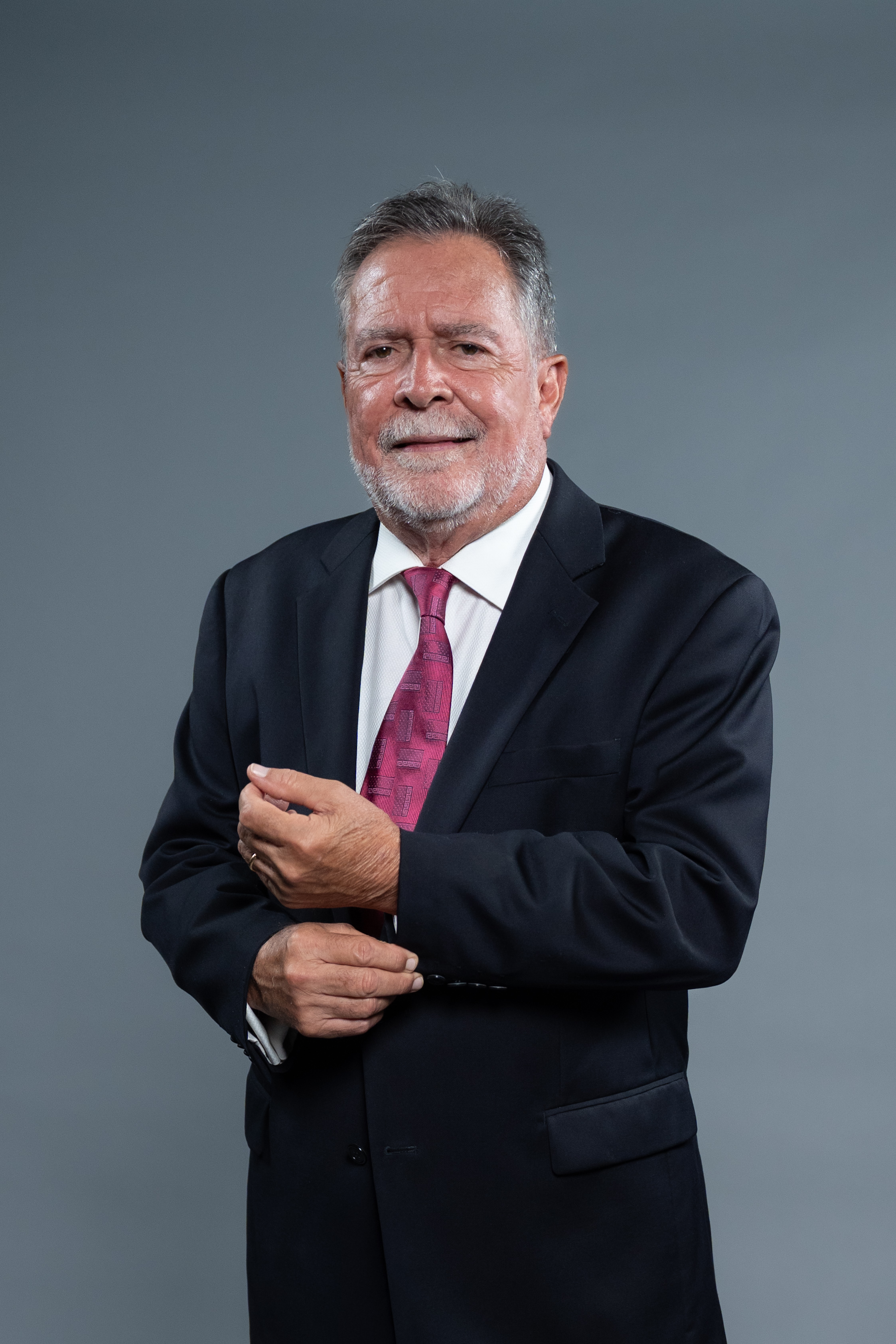
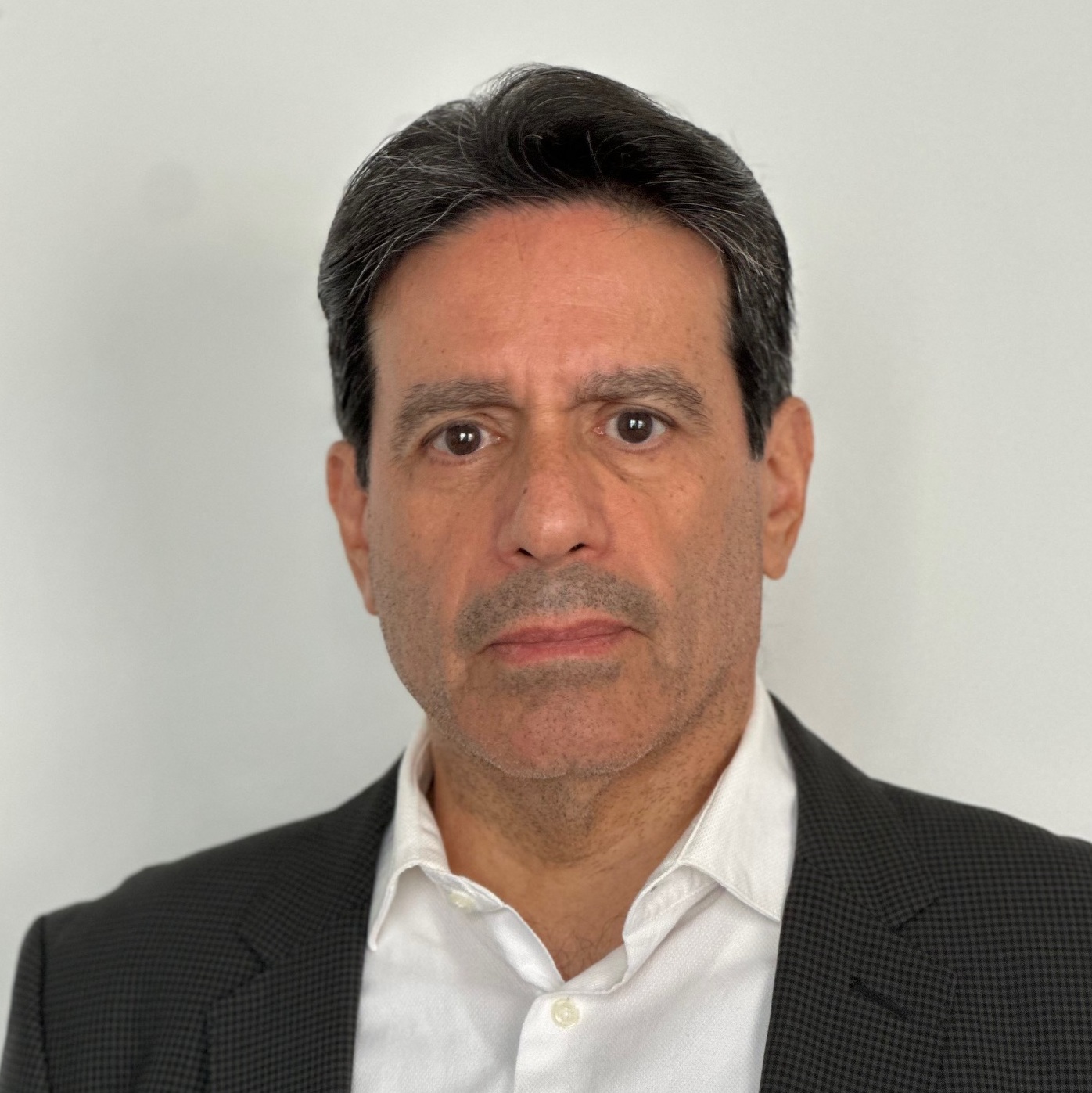
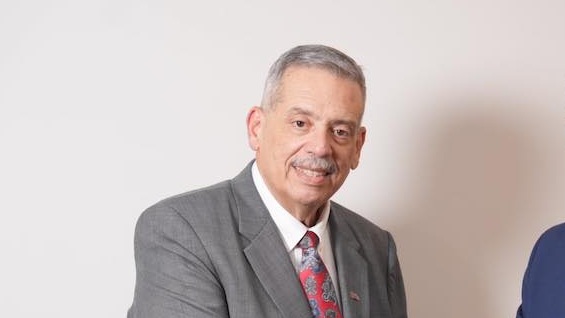
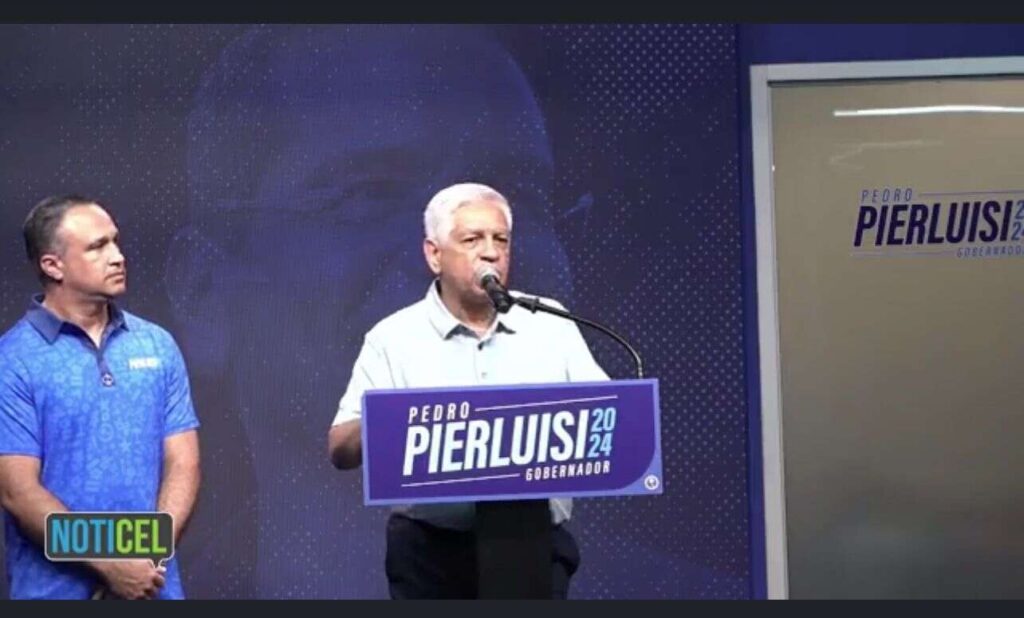
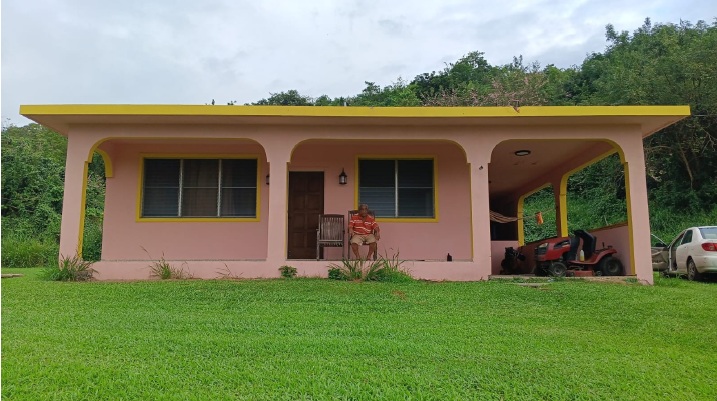
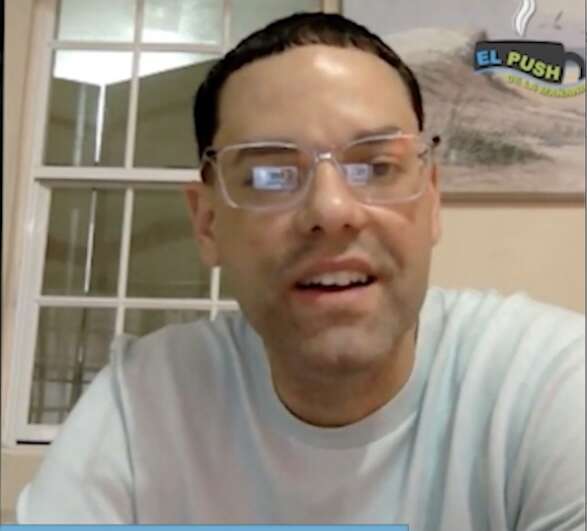
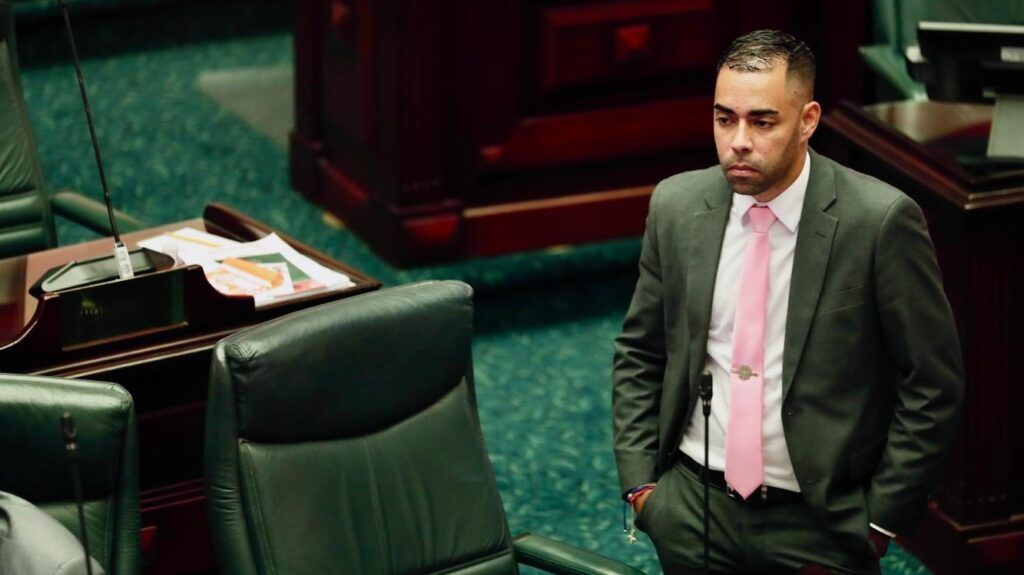




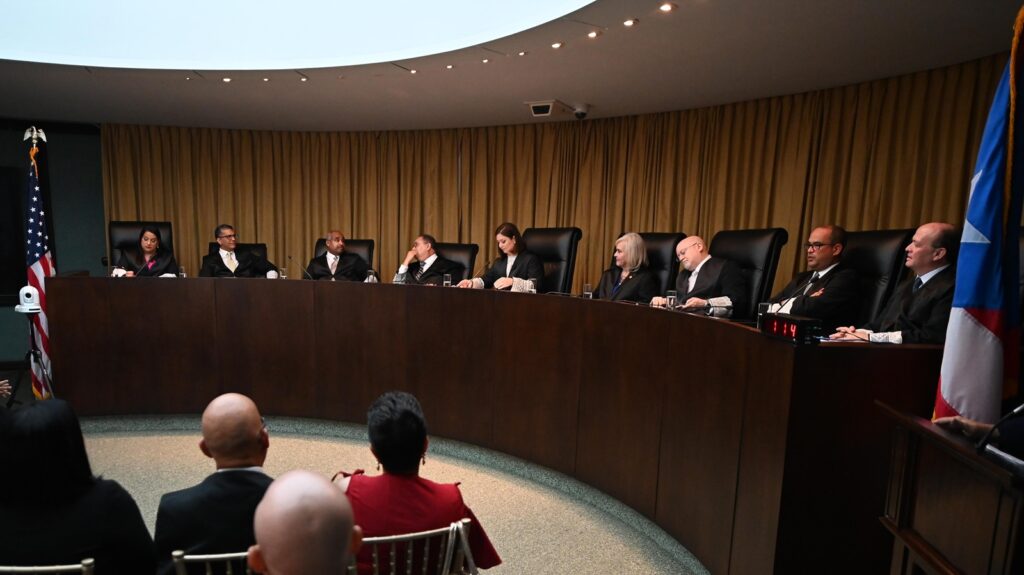
Comentarios {{ comments_count }}
Añadir comentario{{ child.content }}